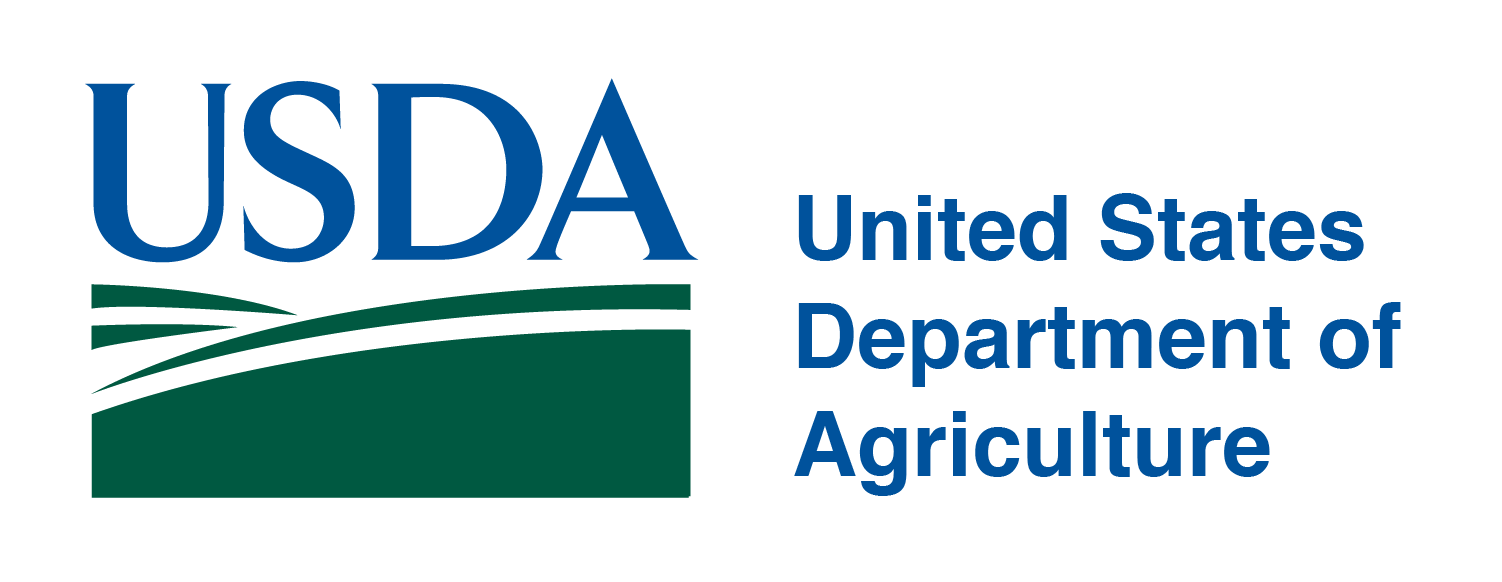
The U.S. Department of Veterans Affairs recently announced that it is proposing to eliminate copayments for all VA telehealth services and establish a grant program to fund designated VA telehealth access points in non-VA facilities, with a focus on rural and medically underserved communities.
These proposed changes would advance VA and the Biden-Harris Administration’s ongoing efforts to lower costs and expand access to care for all those who served. The proposed grant program, called Accessing Telehealth through Local Area Stations (ATLAS), would provide funding to organizations — including nonprofits and private businesses — to offer Veterans comfortable, private spaces equipped with high-speed internet access and the technology to meet with VA providers remotely. Grants would also provide designated funding to train on-site personnel to support the program.
These proposed changes are part of VA’s ongoing efforts to expand access to VA health care — at a time when VA care is outperforming non-VA care, earning Veteran trust at record rates, and delivering more appointments than ever before. In September, VA announced the availability of tele-emergency care nationwide, an important step in increasing timely access to emergency care. This year, VA also began waiving Veterans’ copays for their first three outpatient mental health care visits of each year, decreased wait times for new patient appointments to primary care and mental health, and expanded offerings of night and weekend clinics and increased the number of Veterans scheduled into daily clinic schedules.
“Waiving copays for telehealth services and launching this grant program are both major steps forward in ensuring Veterans can access health care where and when they need it,” said VA Secretary Denis McDonough. “VA is the best and most affordable care in America for Veterans — with these steps, we can make it easier for Veterans to access their earned VA health care.”
The rulemaking can be viewed in the Federal Register under public inspection, and will be published and open for a comment period (findable by searching for the rule on VA’s Federal Register webpage). VA anticipates a notice of funding opportunity for this grant program to be published following publication of the final rule.
For more information about VA telehealth, visit the VA Telehealth Services website.
To view the proposal on the Federal Register, visit Federal Register :: Telehealth Grant Program




